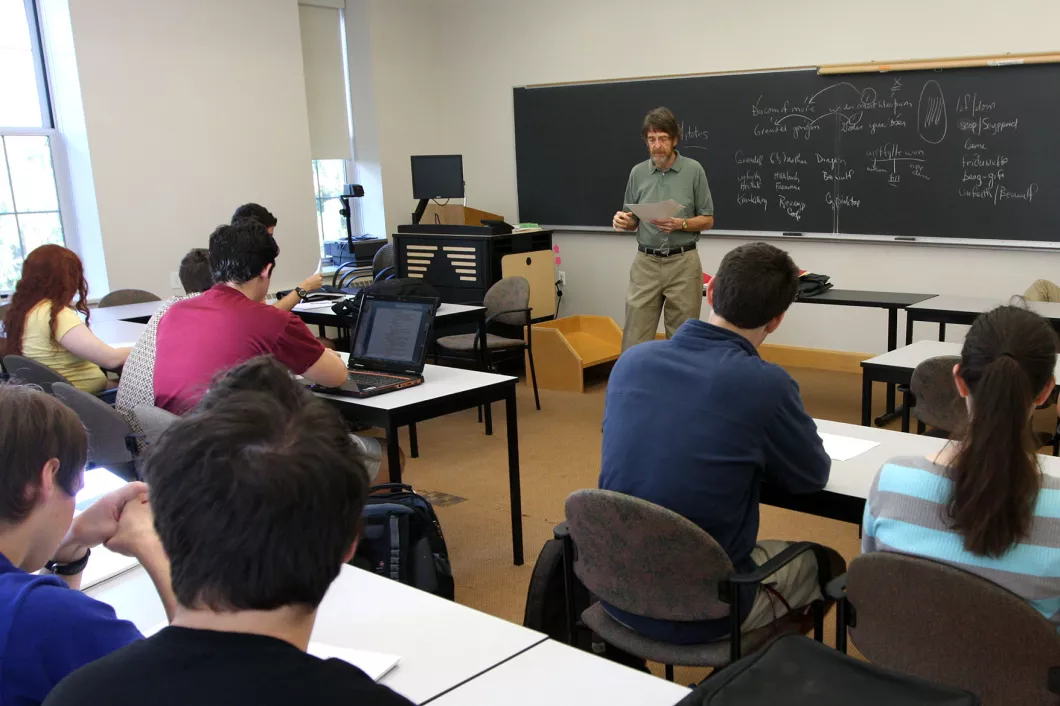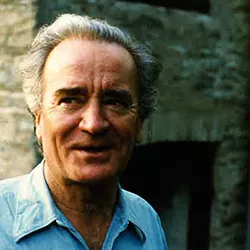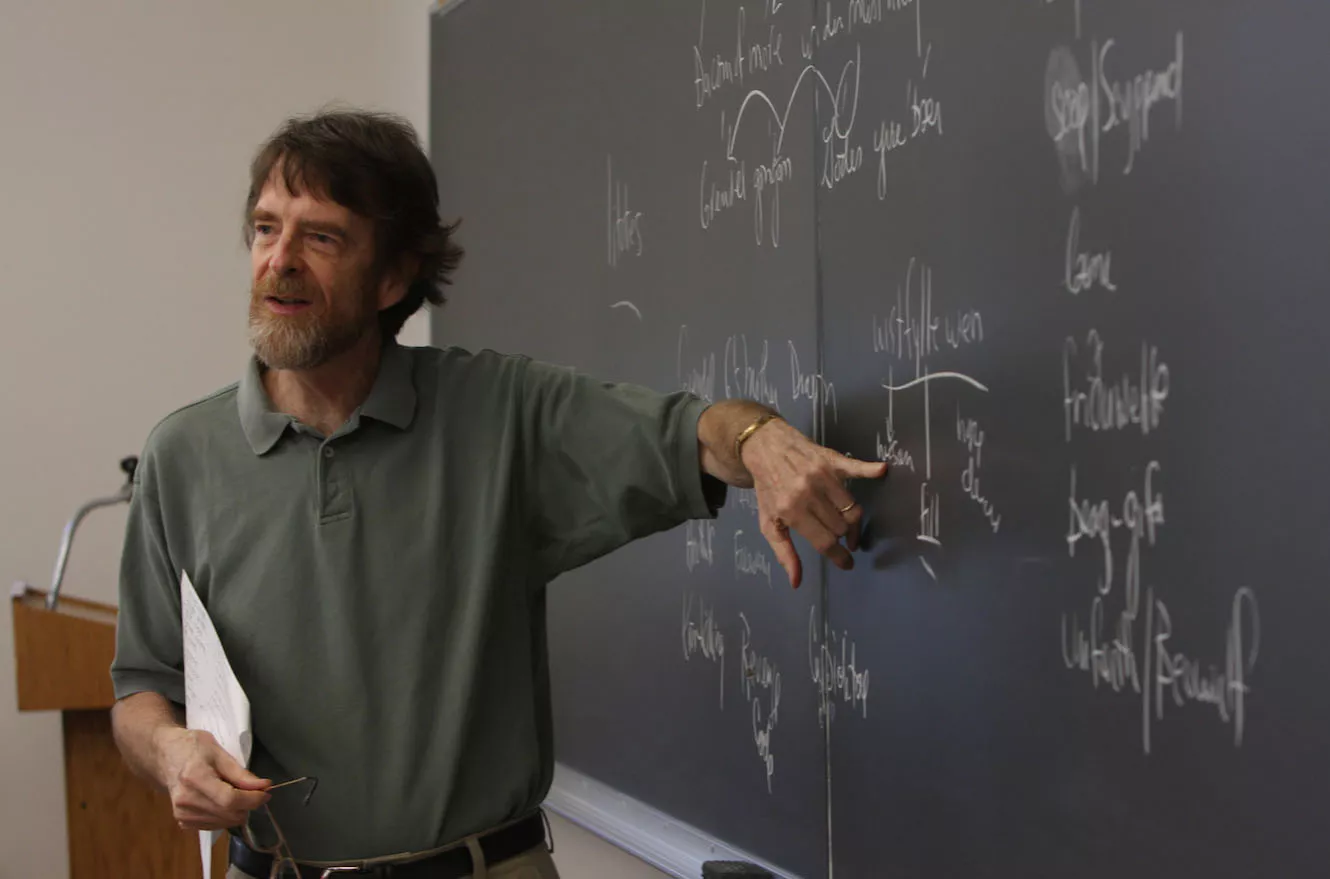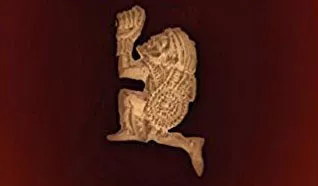The Middle Ages-from the 4th to the 15th centuries-were a distinct historical and cultural period in a variety of civilizations, from Western Europe across the Mediterranean and the Middle East and on to southern and western Asia. Far from being the "Dark Ages," these centuries are rich in history, art, language, literature, music, and religious expression.
Scholars in this field are inspired by an array of distinct intellectual experiences and breakthroughs. For example, a medieval scholar might study medieval Latin poetry accompanied by the tunes of the poems and appreciate how poetry has always been intimately connected with music. Or, a faculty member may have explored medieval cathedrals, castles and cloisters, and been inspired to want to know more about the lives and thoughts of the societies that produced those structures.
As one Swarthmore medieval scholar said, "one studies history of any sort to enter into conversation with the past so that we might learn from it insights helpful in our position to the present." The period is best understood through a multidisciplinary and cross-cultural approach that includes the study of art, classics, literature, history, music, and religion-all of which are found in the College's Medieval Studies Program.








